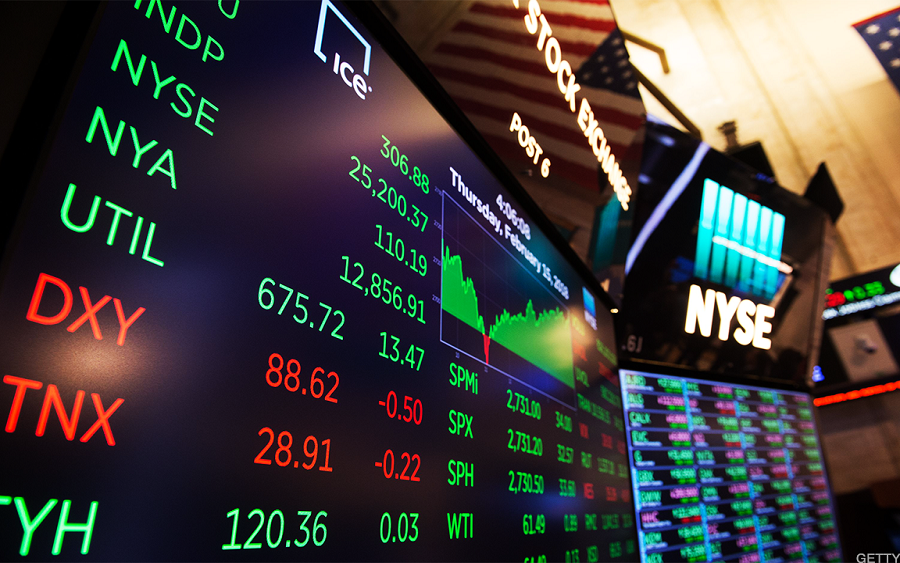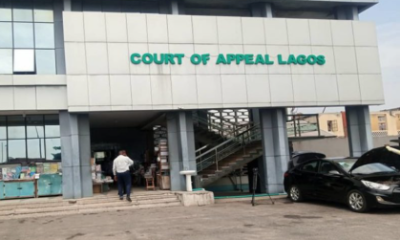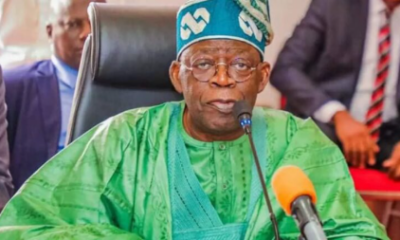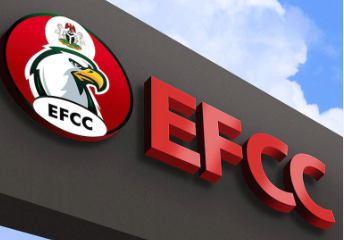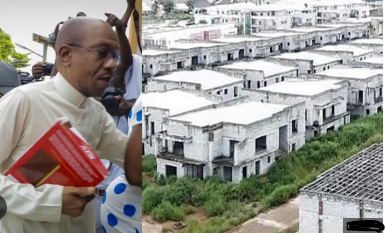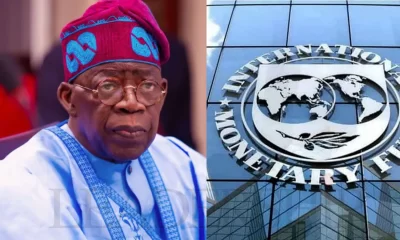Data from the Nigerian Exchange (NGX) reveals that foreign participation in the Nigerian equities market dropped to 8.15% in January 2024, a decline compared to 13.92% and 12.76% recorded in the previous and corresponding month of 2023.
Specifically, a total of N651.52 billion was recorded as transaction in the Nigerian stock market in January 2024, in contrast to the N343.9 billion traded in the previous month.
Out of the N651.52 billion, foreign portfolio investment accounted for N53.11 billion in the review period while domestic transaction was N598.41 billion.
Foreign investments in Nigeria have dwindled significantly in recent years, following the aftermath of the COVID-19 pandemic, and has since remained underwhelming largely because of FX instability and dollar illiquidity.
READ ALSO: CBN plans to bar BDCs from street trading, limits cash forex purchase to $500
The inability of foreign investors to easily repatriate their earnings as at when due has been a limiting factor deterring the participation of foreign investors in the Nigerian market.
As a result of low foreign inflows and high demand for the greenbacks, the naira has depreciated by 41% and 21% YTD against the US dollar at the official and parallel market respectively.
In a bid to manage FX volatility in the country, the CBN has rolled out several guidelines and circulars to the various market stakeholders in the country, ranging from commercial banks, IMTOs, BDCs, amongst others.
Some of these reforms include the unification of the foreign exchange market, bank reduction of Net Open Positions to 20% for short and 0% long in a bid to curb market speculative activities. The apex bank also removed all limits on margins for IMTO remittances, while introducing a two-way quote system.
However, despite the increased level of FX supply at the official market, the exchange rate has remained around the region of N1500/$ and N1600. Hence, the need to attract fresh dollar inflows to improve supply.
The governor of the CBN, Yemi Cardoso engaged foreign portfolio investors last week to intimate them on some of the reforms by the apex bank to maintain price stability and liberalize the FX market in bid to instill confidence and attract fresh foreign investments.
READ ALSO: Official exchange rate closes week at N1,665.50/$1 amidst demand pressure, forex decline
The apex bank also recently increased the benchmark interest rate by 400 basis points to 22.85%, increased CRR to 45%, while adjusting the asymmetric corridor around the MPR to +100/-700 basis points. This is aimed at tightening naira liquidity while encouraging inter-bank trading activities as opposed to more credit to the public.
Others include the expectation of a more frequent OMO issuance. Also, according to the CBN, CRR is expected to be done in a non-disruptive manner going forward. Long Term expectation is that CRR maintenance will be automatic. Noteworthy, a few Banks were slightly above 45% before the adjustment.
According to Victor Onyema, Lead, Portfolio Management Norrenberger Asset Management, there is some encouragement with the CBN’s recent efforts to restore market confidence and enhance communication with investors.
“While certain issues, such as the FX backlog, have previously caused caution among FPIs, the recent announcements and communication style of the CBN demonstrate a strong commitment to attracting foreign investment. The planned swift resolution of the FX backlog, as reiterated by the CBN governor, is a positive step towards rebuilding trust and confidence,” he said.
“Overall, the CBN’s recent initiatives, coupled with the evolving market dynamics, suggest a potentially optimistic outlook for the Nigerian investment space. If these play out as planned by the CBN FPIs confidence should increase and inflows would come in,” he added.

 Entertainment5 days ago
Entertainment5 days ago
 Health1 week ago
Health1 week ago
 Health4 days ago
Health4 days ago
 Football1 week ago
Football1 week ago
 Football1 week ago
Football1 week ago
 Crime4 days ago
Crime4 days ago
 Education6 days ago
Education6 days ago
 Crime1 week ago
Crime1 week ago
